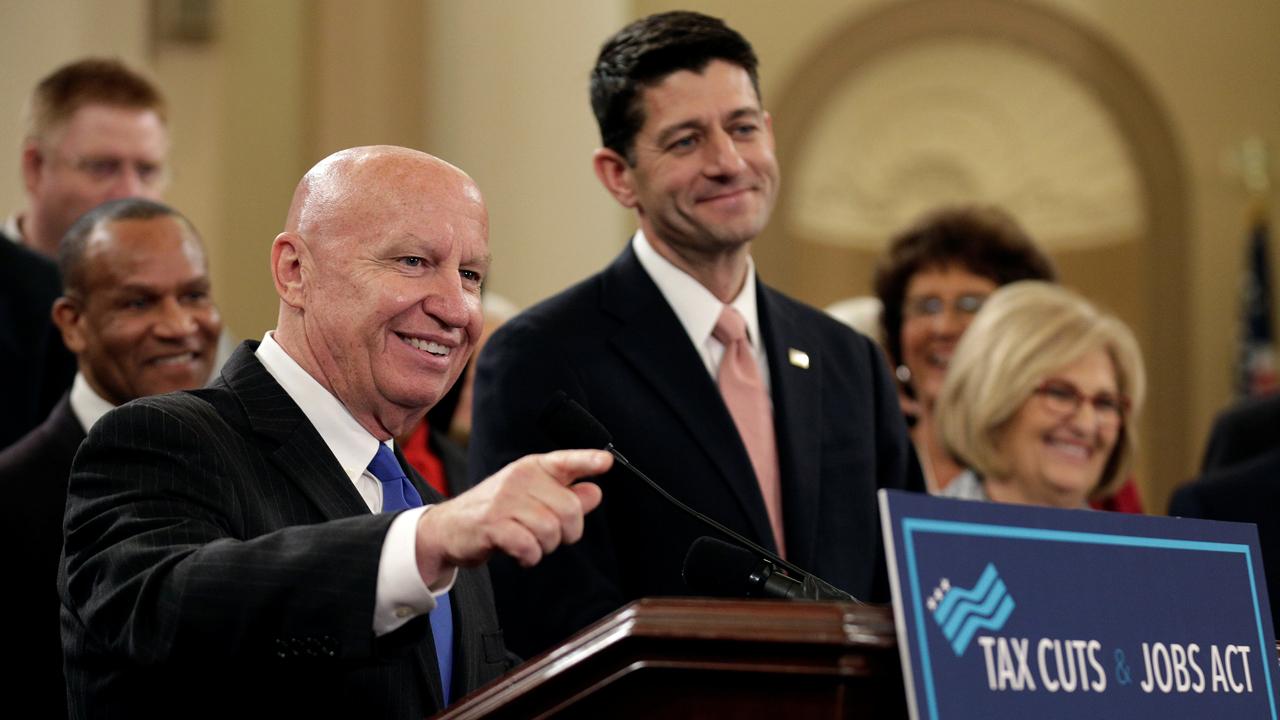GOP tax plan is an 'ideological imposter': former Reagan advisor
While Congressional Republicans have touted their tax reform bills as a way to stimulate economic growth and job creation by reducing taxes on the middle class and corporations, others have criticized the GOP plans for what they say is largely a boon for businesses.
“This is an economic dud, it is a political landmine and it is an ideological imposter parading as a Reaganesque supply-chain tax cut when it’s nothing like that,” David Stockman, former economic advisor to President Ronald Reagan told FOX Business’ Neil Cavuto. “It’s a wish list of businesses and Wall Street.”
Since the party failed to deliver on its seven-year promise to repeal and replace the Affordable Care Act, the race has been on for Republicans to pass some type of comprehensive tax overhaul.
And amid a controversial Alabama U.S. Senate run-off – in which Republican candidate Judge Roy Moore has refused to step aside, despite several allegations of sexual assault made against him – that could jeopardize an already precarious GOP Senate majority, Republicans are pushing even more fervently to pass tax cuts.
The House Ways and Means Committee, which unfurled its tax plan nearly two weeks ago, laid out an immediate reduction of the corporate tax rate from 35% to 20%, as well as a simplification of the number of income brackets from seven to four.
It differs in several significant areas from the watered-down Senate Finance Committee’s plan, which stipulates that the same corporate rate decrease would not go into effect until 2019. The Senate also maintained the number of tax income brackets, though it fiddled with the levels just slightly.
If either plan passes, Stockman warned that it could contribute nearly $1.5 trillion to the national deficit. Republicans have tried to sidestep that argument by pointing to the corporate tax rate reduction, which they say will incentivize business owners to increase employees’ wages, and thereby increase spending.
But history shows that when given tax breaks, shareholders and owners will probably invest that money in buybacks and dividends and other returns to capital.
“That’s why Wall Street is foaming at the mouth for this,” he said. “If the White House economist, who’s nuts, who says it’s going to be $4,000 per family in higher wages, if he were correct, Wall Street would be booing day and night. If you’re going to have lower tax costs and higher wage costs, there’s going to be no change in profits per share and none of this excitement.”




















